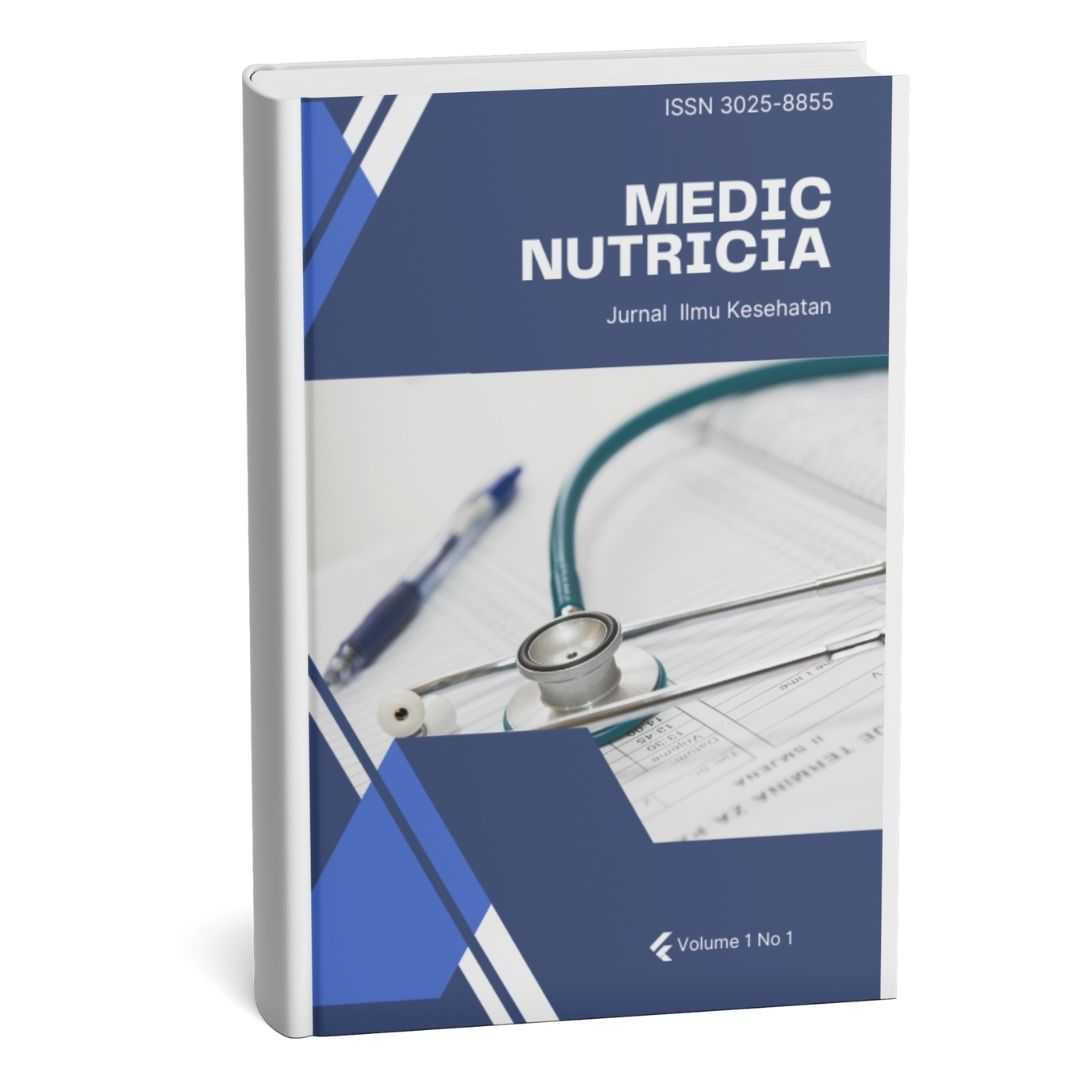Health Students' Digital Citizenship Awareness in Responding to Health Disinformation on Social Media

Abstract
This study aims to examine the digital citizenship awareness of health science students in addressing the spread of health disinformation on social media. The research employed a descriptive qualitative method with a literature review approach. Data were gathered from scientific journals, articles, and books relevant to digital literacy, digital citizenship, and health disinformation, published within the last five years. The findings reveal that the level of digital citizenship awareness among health students varies significantly. Some students demonstrate good digital literacy skills, enabling them to identify and counter health disinformation, while others remain vulnerable to consuming or even sharing unverified health information. Several factors influence this awareness, including the intensity of social media use, experience in filtering information, peer influence, and the role of civic education in higher education institutions. Health students are expected not only to act as consumers of information but also to serve as agents of change who actively educate the public and foster a healthy culture of digital literacy. Achieving this goal requires synergy between educational institutions, student organizations, and various stakeholders to strengthen students’ digital literacy competencies. In this way, health students can contribute to building a society resilient to disinformation and help enhance national information security in the digital era.
Keywords
digital citizenship, health disinformation, digital literacy